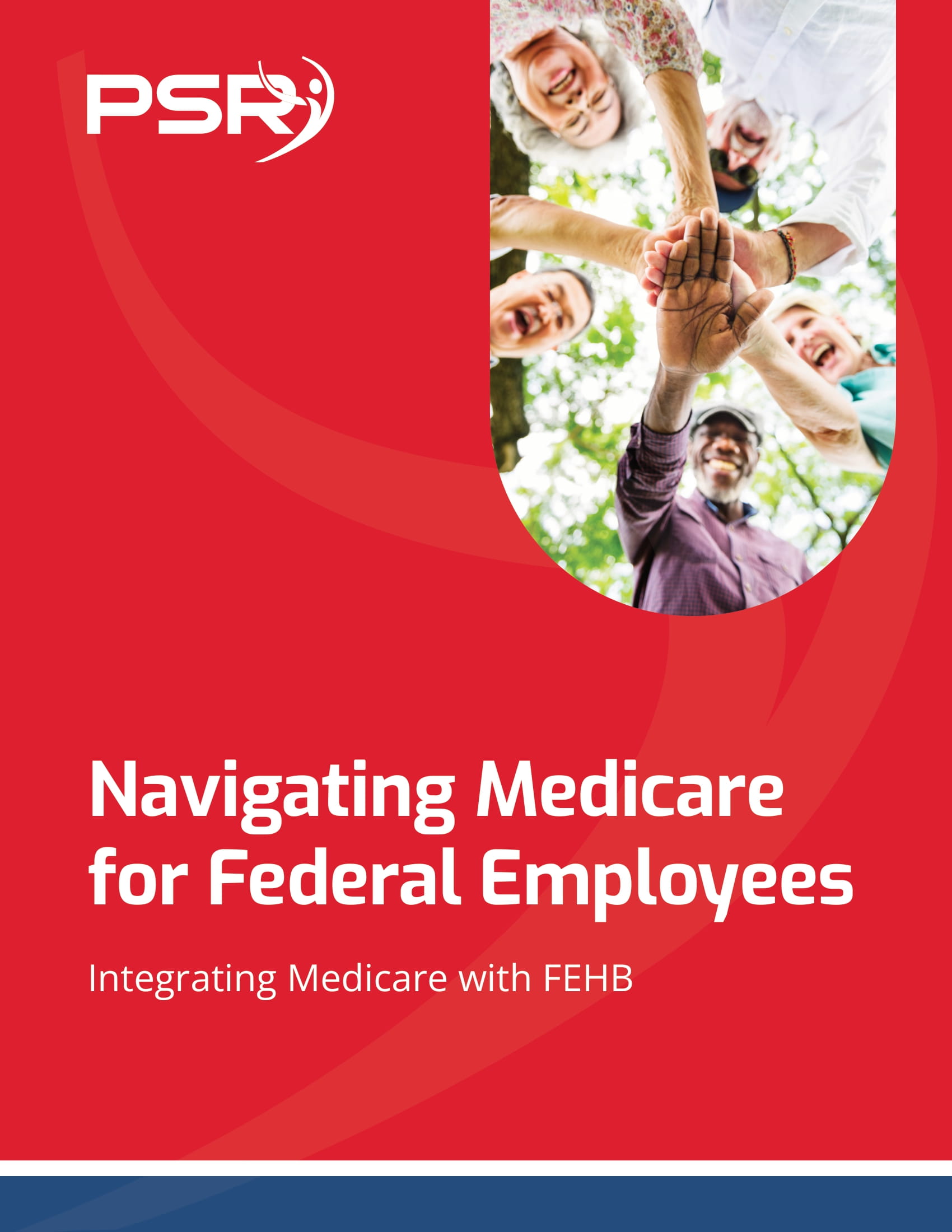Key Takeaways
- FERS updates in 2024, including increased FEHB premiums and TSP limits, are reshaping federal workers’ retirement plans.
- Reviewing your FERS benefits in light of rising costs and new contribution limits is essential for a secure financial future.
Retirement—it’s a phase many of us work toward eagerly. But, 2024 has thrown some new challenges into the mix, especially for those of us under FERS (Federal Employees Retirement System). Federal workers are finding themselves recalculating their retirement plans due to changes in contributions, healthcare costs, and inflation adjustments. So, if you’ve been feeling like your retirement plan needs a second look, you’re not alone.
What’s New with FERS in 2024?
- Also Read: Divorce and Your Federal Pension—What Happens When You Split Assets and How It Could Affect Your TSP
- Also Read: What Happens to Your Federal Benefits After Divorce? Here’s the Lowdown
- Also Read: The Best FEHB Plans for 2025: Which One Fits Your Lifestyle and Budget the Best?
First up, the FERS Cost-of-Living Adjustment (COLA) for retirees in 2024 is set at 2%. While this helps offset inflation, it’s still below the actual inflation rate, which means your purchasing power could be affected over time. FERS COLA is always capped at 1% below the inflation rate when inflation exceeds 2%, which is why this year’s adjustment may feel a bit underwhelming compared to the recent spikes in living costs.
Next, let’s talk about the TSP contribution limits. This year, the maximum you can contribute has increased to $23,000, up from $22,500 in 2023. If you’re over 50, you’re eligible for an additional $7,500 in catch-up contributions, giving you a solid opportunity to boost your retirement savings in these critical years before you retire.
Your FERS Pension: Adjusting to Inflation
Your FERS pension is one of the most significant parts of your retirement plan. But with inflation continuing to rise, you’ll need to think about how far your pension will stretch once you stop working. The FERS pension formula is straightforward, but what makes it tricky is that the COLA doesn’t always keep pace with inflation.
In 2024, with the 2% COLA, some retirees are finding that their pension won’t go as far as they’d hoped. This is especially important to consider if you plan on retiring before age 62. Remember, FERS retirees under 62 don’t receive COLA adjustments unless they are in special categories like law enforcement officers or firefighters. This means your pension could lose value over time, especially in high-inflation environments.
TSP Contributions: Maximizing the New Limits
Now, let’s move on to your TSP. The TSP is often seen as the backbone of your federal retirement savings plan, and in 2024, the contribution limit has increased to $23,000. This is a key opportunity to save more for retirement, especially since it’s tax-deferred.
For those of us over 50, the catch-up contribution remains at $7,500. This means you can sock away a total of $30,500 this year if you’re maxing out both your regular and catch-up contributions. If you haven’t been contributing up to the limit, 2024 might be the perfect year to start. With market volatility continuing to be a concern, having a strong savings buffer is critical for your long-term financial security.
Health Care Costs: Rising FEHB Premiums
One of the most notable changes this year is the increase in FEHB (Federal Employees Health Benefits) premiums. In 2024, premiums have gone up by 13.5%, which is a substantial jump compared to previous years. With health care costs already being a significant expense in retirement, this increase could eat into your retirement savings if you’re not careful.
If you’re eligible for Medicare, one strategy to consider is coordinating your FEHB with Medicare. Many retirees do this to reduce their overall health care costs. However, this is a complex decision, and you’ll want to weigh the pros and cons based on your health needs and financial situation. But one thing is clear: failing to plan for rising health care costs could seriously impact your retirement budget.
The Impact of Social Security in 2024
Social Security is the third piece of the puzzle for FERS retirees, and there are some updates here, too. For those of you still working, the taxable earnings limit for Social Security has been increased to $168,600 in 2024. This means that you’ll pay Social Security taxes on income up to this amount.
For those already receiving Social Security benefits, the earnings limit has been adjusted to $22,320. If you’re still working and haven’t yet reached full retirement age, this is the maximum you can earn without seeing a reduction in your benefits. Once you hit full retirement age, there’s no limit on your earnings.
Is It Time to Delay Retirement?
With all these changes, you might be asking yourself: should I delay my retirement? For many federal employees, working a few more years could make a big difference in the size of your pension, your Social Security benefits, and the growth of your TSP.
For example, if you wait until you’re 62 to retire, you’ll get a higher percentage of your high-three salary in your pension calculation—1.1% instead of 1%. That might not sound like a big difference, but over the course of a 20- or 30-year retirement, it can really add up. Plus, if you hold off on claiming Social Security until after 62, your monthly benefits will increase, giving you more income over time.
What’s the Best Strategy for 2024?
So, where does this leave us? If you’re a federal employee nearing retirement, 2024 is a pivotal year for reviewing your retirement plan. With rising health care costs, new TSP contribution limits, and a lower-than-expected COLA, it’s more important than ever to stay informed and proactive.
Take a look at your pension, your TSP savings, and your Social Security strategy to make sure you’re maximizing every dollar. Consider working a few more years if you can, or adjust your savings strategy if retirement is just around the corner. The key is to stay flexible and make sure you’re prepared for the financial realities of 2024 and beyond.
What Will Your Retirement Look Like in 2024?
As federal workers, we’ve got a lot to juggle when it comes to retirement planning. With the changes happening in 2024, it’s crucial to stay on top of your FERS benefits, TSP contributions, and health care costs. Whether you’re just starting to think about retirement or it’s only a few years away, now is the time to take action and make sure your plan is bulletproof.












